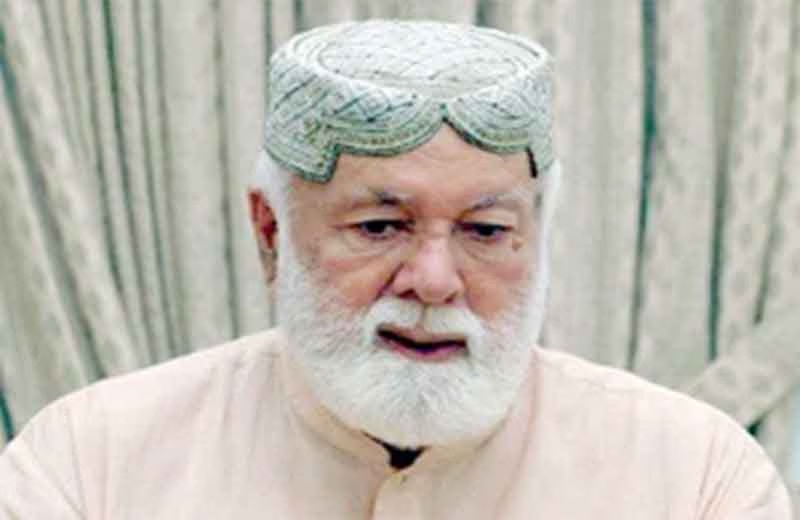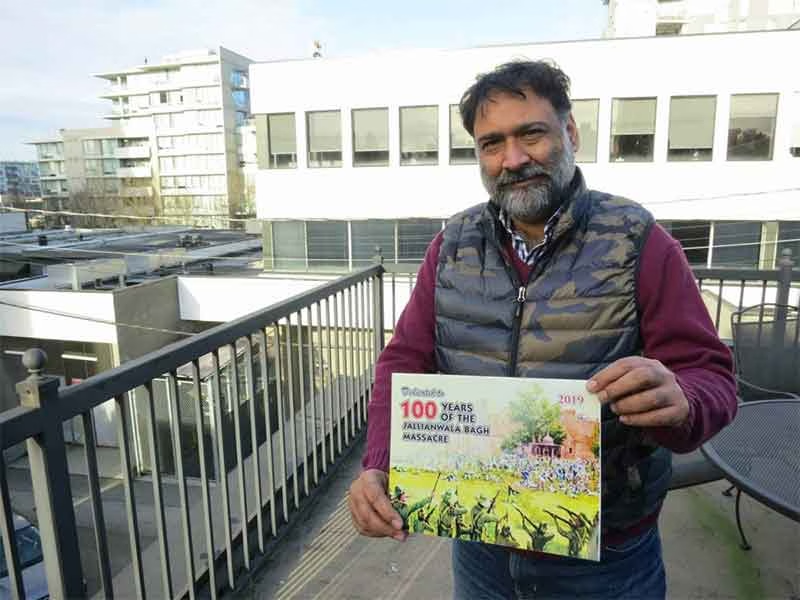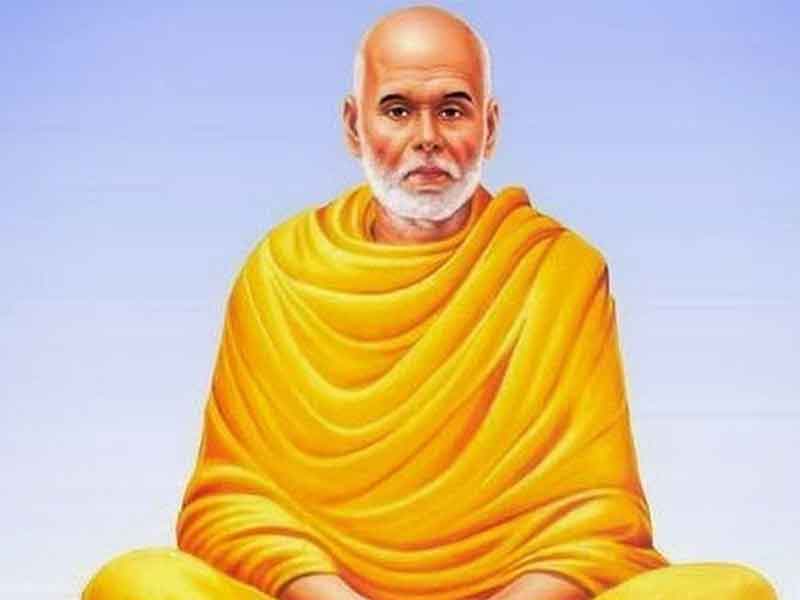
Nawab Khair Bakhsh Marri’s name stands etched in the political history of South Asia not just as a tribal chieftain but as the unwavering conscience of the Baloch resistance. He embodied the soul of Baloch nationalism—unyielding, defiant, and rooted in the idea of dignity. Through decades of political betrayal and military suppression, Marri remained an unflinching voice of protest, bearing witness to the historical injustices inflicted upon Balochistan by the Pakistani state.
Early Life and the Spark of Political Awareness
Born in 1928 into the influential Marri tribe in Kohlu, Khair Bakhsh Marri’s early years were shaped by traditional leadership but steered toward modern political awakening. Initially engaging with the democratic process, Marri was elected to the Balochistan Assembly in 1970 on the National Awami Party’s platform. His brief tenure as governor underlined his willingness to work within the federation. Yet, the dream of constitutionalism was swiftly shattered in 1973 when Prime Minister Zulfikar Ali Bhutto dismissed the elected Baloch government, citing an alleged arms conspiracy. The Hyderabad Conspiracy Case that followed—charging Marri and other Baloch leaders with treason—was not just a legal assault; it symbolized Pakistan’s enduring refusal to accommodate ethnic autonomy within its national framework.
From Federalist Hope to Revolutionary Realism
Marri’s transformation from a parliamentarian to a committed nationalist was neither abrupt nor emotional—it was ideological, rooted in experience. The collapse of federal trust drove him to a bitter but lucid realization: Baloch identity, dignity, and resources could never be protected under Pakistan’s centralist and militarized state structure. The 1973–77 insurgency marked the beginning of a new phase. Under Marri’s guidance, his tribe became a vanguard of the armed struggle. Thousands of Marri youths, facing tanks and helicopters, took up arms not out of adventurism but out of conviction. For them, resistance became the only language the state had left unbroken.
The Man Behind the Myth: Ideological Steel and Ethical Consistency
Khair Bakhsh Marri’s ideology was not reactive; it was rooted in political clarity and historical continuity. He never succumbed to the temptations of power. Offers of position, amnesty, or wealth did not sway him. Even during long exiles and incarcerations, he stood resolute, choosing principle over political compromise. He denounced the so-called development projects in Balochistan that were extractive in nature—designed not to uplift the Baloch people, but to enrich the Pakistani elite and their foreign allies through unchecked resource exploitation.
Unlike many contemporary figures who drift with political convenience, Marri remained anchored in an anti-colonial, anti-exploitative framework. His critique of the Pakistani state was not rooted in parochialism but in a deeper understanding of colonial continuity in post-colonial governance.
Pakistan’s Response: Suppression Without Dialogue
In return, the Pakistani state responded with overwhelming force. For decades, Balochistan has operated under a state of siege—military cantonments mushroomed across the province, natural resources were fenced off by federal institutions, and political dissent was criminalized. The Inter-Services Intelligence (ISI) and Frontier Corps became notorious symbols of control, often accused of orchestrating enforced disappearances, torture, and extrajudicial killings.
Marri’s family, too, bore the brunt—several of his sons were hounded, imprisoned, or exiled. Hyrbyair Marri was tried under anti-terror laws abroad even as he vocally advocated for Baloch rights through peaceful means. Civil society, student groups, and even poets sympathetic to the Baloch cause were targeted in a campaign that treated Baloch nationalism not as a political ideology but as treasonous rebellion.
Rather than engaging with the legitimate grievances of Baloch leaders like Marri, Islamabad doubled down on military doctrine, seeking to eliminate dissent rather than understand it. Even today, the conversation around Balochistan remains securitized, with political solutions routinely deferred in favor of covert operations and public silence.
A Legacy Etched in Fire and Memory
Marri was not alone in his fight; he nurtured a lineage of resistance. His son, Hyrbyair Marri, now living in exile in London, continues to champion the cause of Baloch sovereignty on global platforms. While Pakistan brands him a terrorist, many in Balochistan regard the Marri family as heroes who refused to bow.
Pakistan’s systematic refusal to acknowledge the political nature of Baloch dissent has only deepened the chasm. Marri’s name remains a thorn in the side of this coercive apparatus—a living indictment of its failures.
Critics often labeled him rigid or “anti-development,” but his rejection of state-sponsored development was a principled stand against dispossession. He refused to endorse a model in which Balochistan’s gas fuels other provinces while its own districts languish in darkness. For Marri, dignity was non-negotiable, and so was the right to define one’s own future.
The Echo of Resistance
Khair Bakhsh Marri passed away in 2014, but death could not silence the idea he embodied. From the desolate mountains of Kohlu to the diaspora voices echoing in Geneva, London, and Washington D.C., his spirit lives on—as a martyr, a strategist, and a philosopher of resistance.
His legacy teaches that while authoritarian regimes may bury bodies, they cannot kill memory. The state may disappear sons and suppress stories, but the collective memory of injustice remains, fermenting quietly into revolution.
Khair Bakhsh Marri’s name continues to ask uncomfortable questions to the Pakistani state: Is Balochistan part of the federation in spirit or merely in geography? Are its people equal citizens or colonial subjects in a post-colonial guise?
The Mountain That Never Bent
Khair Bakhsh Marri was a mountain among men—silent, austere, and unmoving. His life was not about spectacle but about struggle; not about victory, but about resistance. He refused the politics of convenience and chose the path of justice, even when it was long, lonely, and lined with loss. His story is not just Balochistan’s story—it is the story of every people whose identity is questioned, whose rights are denied, and whose land is looted under the rhetoric of unity.
His voice remains etched in the dust and stone of his homeland, whispering to every new generation: you may be silenced, but never surrender.
Subscribe to Our Newsletter
Get the latest CounterCurrents updates delivered straight to your inbox.
Ashish Singh has finished his Ph.D. coursework in political science from the NRU-HSE, Moscow, Russia. He has previously studied at Oslo Metropolitan University, Norway; and TISS, Mumbai.














































